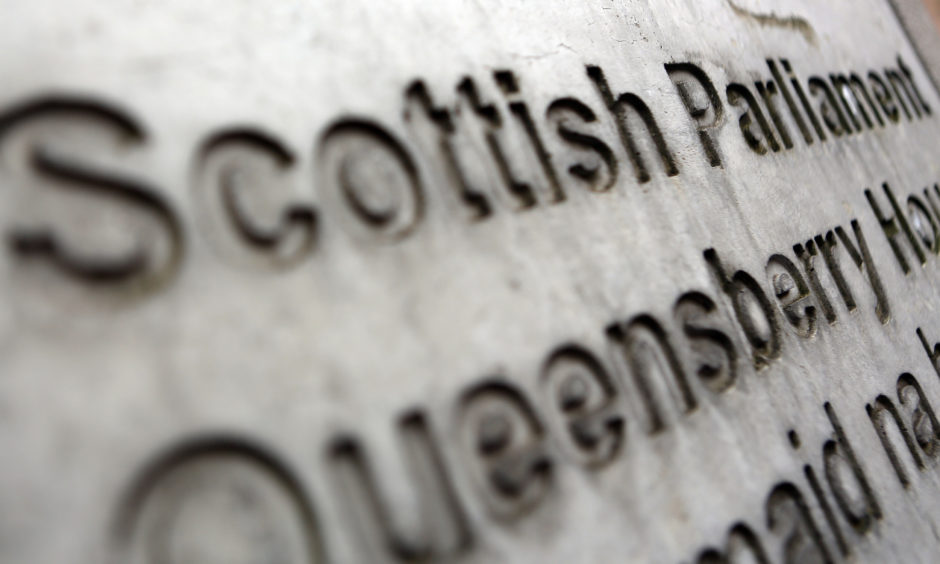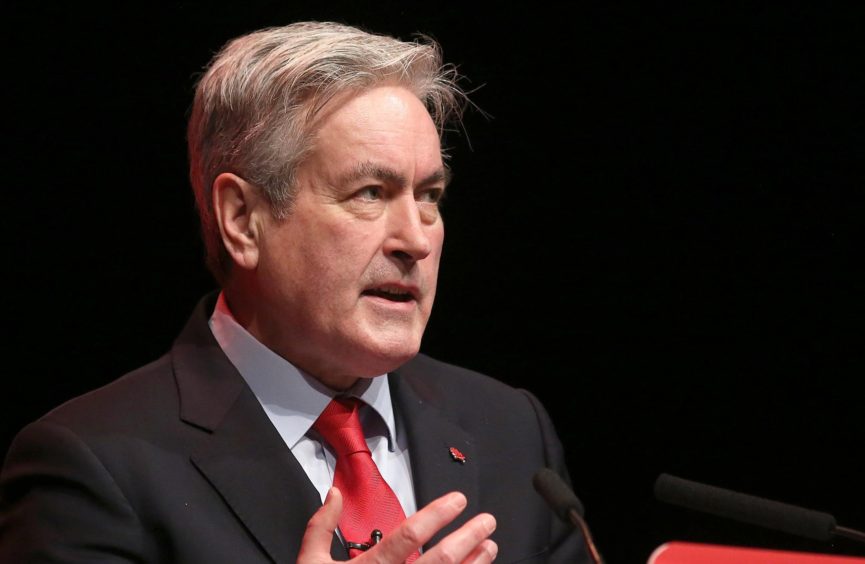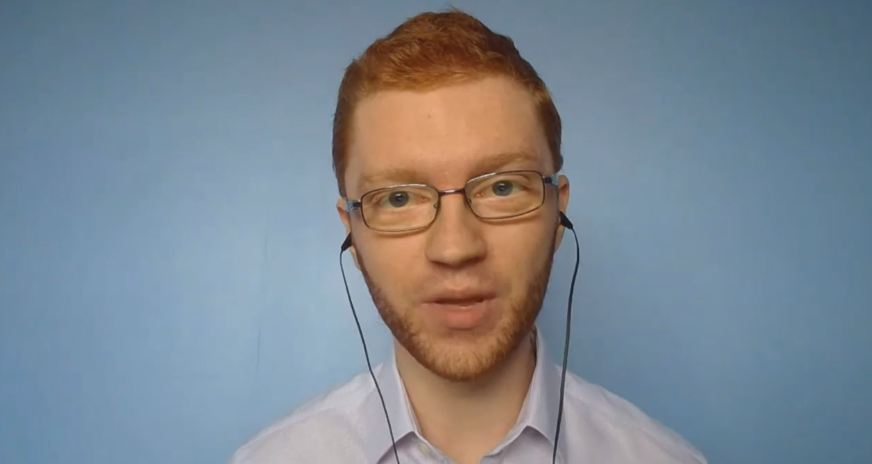Education Secretary John Swinney has revealed all downgraded exam awards will be withdrawn, with grades based solely on teacher judgement.
The SNP politician is facing a vote of no confidence following his handling of the crisis, with Scottish Labour, the Scottish Conservatives and the Scottish Liberal Democrats all clamouring for his resignation.
In a statement to Holyrood on Tuesday, Mr Swinney announced the major policy U-turn and apologised for the examination moderation process, admitting “we did not get it right for young people”.
The Education Secretary confirmed all downgraded awards will be withdrawn, with grades instead based solely on the judgement of teachers and lecturers.
He has been asleep at the wheel for months.”
Scottish Conservative education spokesman Jamie Greene
The SQA will issue fresh certificates to affected candidates as soon as possible and will inform UCAS of the new grades to allow applications to university and college to be progressed.
In those cases where moderation led to an increased grade, learners will not lose that award, Mr Swinney confirmed.
Following the cancellation of exams this year due to the coronavirus pandemic, Scottish ministers had tasked the SQA with applying an approach that delivered a set of results comparable in terms of quality to last year’s exams.
Controversially, a methodology was applied whereby grades estimated by teachers were downgraded based on criteria including the historic performance of the school.
The moderation process saw 26.2% of grades changed, with a total of 124,564 pupils’ results downgraded.
This resulted in pass rates for pupils in the most deprived data zones being reduced by 15.2% in comparison, and by 6.9% for pupils from the most affluent backgrounds.
In his statement Mr Swinney also revealed the Organisation for Economic Co-operation and Development (OECD) will conduct an independent review of the Curriculum for Excellence, with a focus on the design and the approach to assessment and qualifications going forward.
An independent review will also take place, chaired by Professor Mark Priestly of Stirling University, into the whole process behind the controversial exam results.
Scottish Conservative education spokesman Jamie Greene said Mr Swinney had given a “resignation statement without the resignation”.
“Young people and their parents have completely lost confidence in John Swinney. He has been asleep at the wheel for months and this crisis has exposed that he is no longer the SNP’s safe pair of hands.”
Scottish Labour also called for the SNP politician to resign, with the party’s education spokesman, Iain Gray, questioning why Mr Swinney had spent five days defending the results of the moderation, leaving “young people twisting in the wind for a week, hopes and aspirations in shreds”.
Meanwhile, Willie Rennie, leader of the Scottish Liberal Democrats added to the chorus of voices calling for the parliamentarian to go, claiming he is “part of the problem, not the solution”.
However, on calls to resign, the Education Secretary said he had fixed the issue at “the earliest opportunity” and had done that “openly and honestly in front of parliament”.
He has been backed by the Scottish Greens, who have confirmed they will not join the vote of no confidence after the Education Secretary delivered their “asks in full”, including the restoration of downgraded results.
Ross Greer, the party’s education spokesman, said they looked forward to the results of the OECD review, arguing it offered an “opportunity to replace Scotland’s outdated assessment system with one fit for the 21st Century”.
Both Mr Swinney and Ms Sturgeon initially defended the system, stressing that the appeals process would allow eligible pupils to challenge their results and arguing it would not have been “credible” if teachers’ estimates were not downgraded.
However, following an outcry from pupils across the country and across the political divide, the First Minister said she had been “soul searching” in recent days and apologised for the handling of the affair.
In a major policy U-turn, Mr Swinney said on Tuesday the results “left many young people feeling their future had been determined by statistical modelling rather than their own capability and capacity”.
He added that the government had been concerned that “grade inflation” would run the risk of undermining the value of qualifications in 2020 but said this was outweighed by the concern of young people, particularly from working class backrounds, “losing faith” in the education system.
He said: “Education is the route out of poverty for young people in deprived communities and we cannot risk allowing that view to take hold.”
Mr Swinney added that this year “must be seen as unique” and cannot be compared fairly with previous years and “perhaps merits taking a different approach”.
Education is the route out of poverty for young people in deprived communities and we cannot risk allowing that view to take hold.”
John Swinney, Education Secretary
The MSP, who is also the party’s deputy leader, confirmed to parliament that the Scottish Government will this year ensure there are enough places in universities and colleges.
Universities Scotland, the representative body of Scotland’s 19 higher education institutions, said it would do “everything possible to ensure that all those who can benefit from higher education have the opportunity to attend university”.
But it stressed that university finances are under “severe pressure” due to the Covid-19 pandemic, and therefore it looked forward to receiving the data from the Scottish Government on how many additional places are needed.

The motion of no confidence in Mr Swinney will take place in the Scottish Parliament on Thursday at 3.20pm.
The Presiding Officer of the Scottish Parliament, Ken Macintosh, confirmed there is no obligation on Nicola Sturgeon to sack John Swinney if a vote of no confidence is passed.
It would instead be an “expression of parliament’s opinion” and not legally binding.

